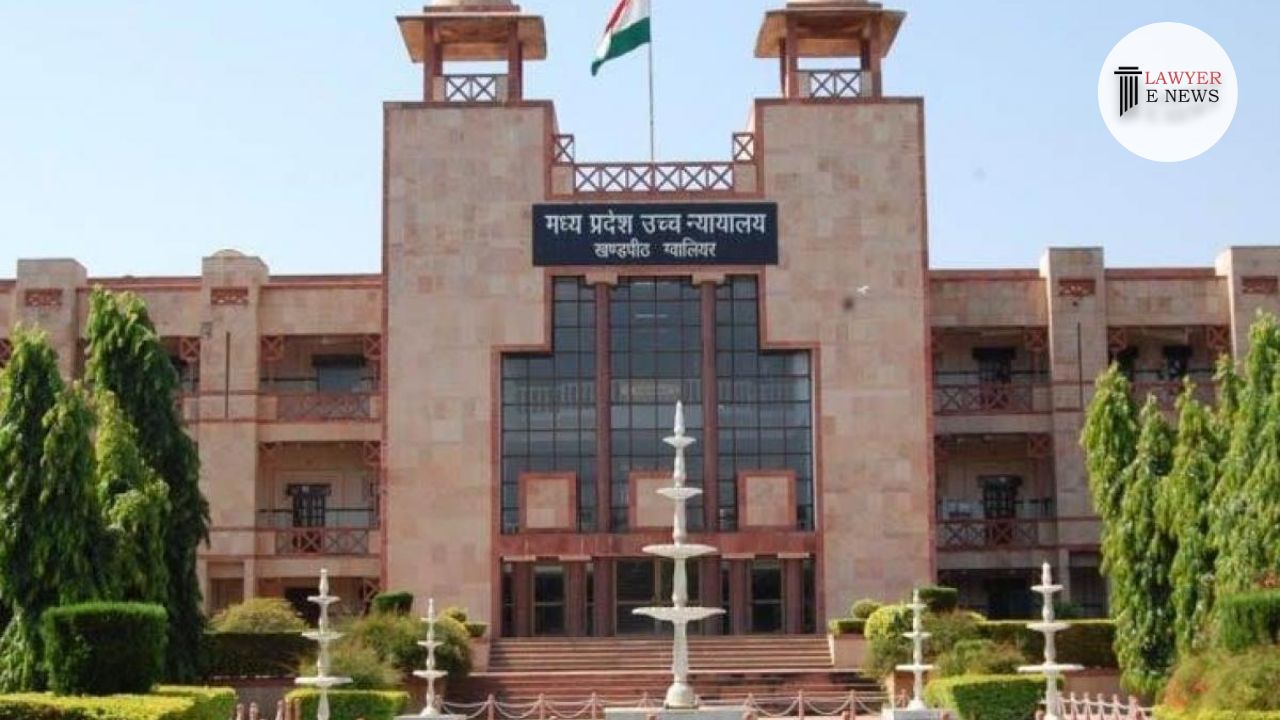-
by Admin
15 February 2026 2:16 AM



Justice Ahluwalia affirms the autonomy of criminal cases from concurrent civil matters, upholding the FIR under Section 498-A IPC.
The High Court of Madhya Pradesh has denied an application to quash an FIR in a dowry harassment case under Section 498-A IPC, along with Sections 3 and 4 of the Dowry Prohibition Act, 1961. The judgment, delivered by Justice Gurpal Singh Ahluwalia on May 16, 2024, underscores the independent consideration required in criminal proceedings, irrespective of any concurrent civil actions.
The petitioners, Tamish Saluja (34), Ruby Saluja (56), and Mandeep Singh Saluja (60), residents of Indore, were implicated in a dowry harassment case lodged by Tamish's wife, Madhulika Saluja (32). The FIR, registered at Police Station Kareli, District Narsinghpur, alleged physical and mental cruelty over dowry demands. The petitioners contended that the FIR was retaliatory, following Tamish's divorce petition, and that all alleged incidents occurred in Indore. Additionally, they argued that Madhulika did not reside in Kareli, referencing a service report returned on these grounds.
Justice Ahluwalia dismissed the petitioners' argument that the FIR was lodged in retaliation to the divorce petition. Citing Supreme Court precedents, he stated, "The lodging of a divorce petition in a civil court cannot be a ground to quash criminal proceedings under Section 482 of the Code as it is well settled that criminal and civil proceedings are separate and independent."
The court referred to the Supreme Court’s rulings in cases like Pratibha Vs. Rameshwari Devi and Kishan Singh (Dead) Through LRs. v. Gurpal Singh and Others, reinforcing that criminal proceedings must be evaluated on their own merit, without being influenced by concurrent civil matters.
Addressing the jurisdictional challenge, the court noted that the service report indicating Madhulika’s residence in Indore was contested and required trial evidence. The court held, "Whether the respondent No. 2 is residing in Kareli, District Narsinghpur or is residing at different place is a defence which has to be proved by the parties in the trial."
The judgment elaborated on the nature of cruelty under Section 498-A IPC, including both physical and mental cruelty, citing the Supreme Court’s decision in Rupali Devi v. State of U.P. It emphasized that mental cruelty persists even if the victim resides at her parental home, justifying the jurisdiction of the Kareli police.
Justice Ahluwalia highlighted the principle of separate evaluation in civil and criminal cases: "The findings of fact recorded by the civil court do not have any bearing so far as the criminal case is concerned and vice versa. Standard of proof is different in civil and criminal cases."
The High Court’s ruling reaffirms the autonomy of criminal investigations and proceedings from civil disputes, ensuring that allegations of dowry harassment are thoroughly examined on their own evidence. This decision underlines the judiciary's commitment to addressing dowry-related crimes independently of any parallel civil litigation, reinforcing the legal framework protecting victims of dowry harassment.
Date of Decision: May 16, 2024
Tamish Saluja and Others v. The State of Madhya Pradesh and Another
